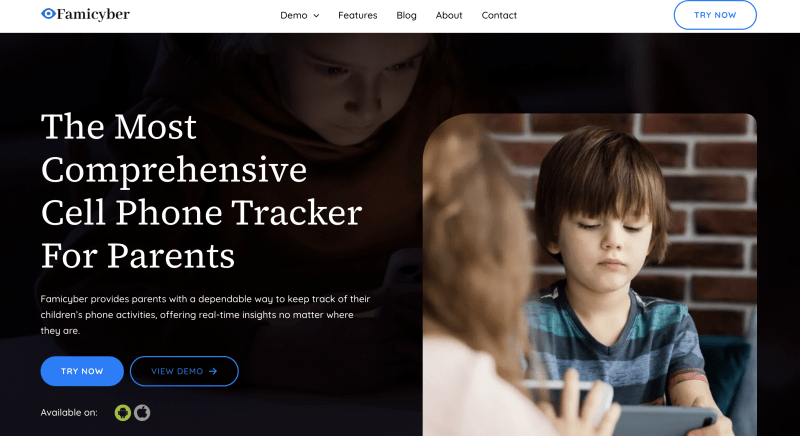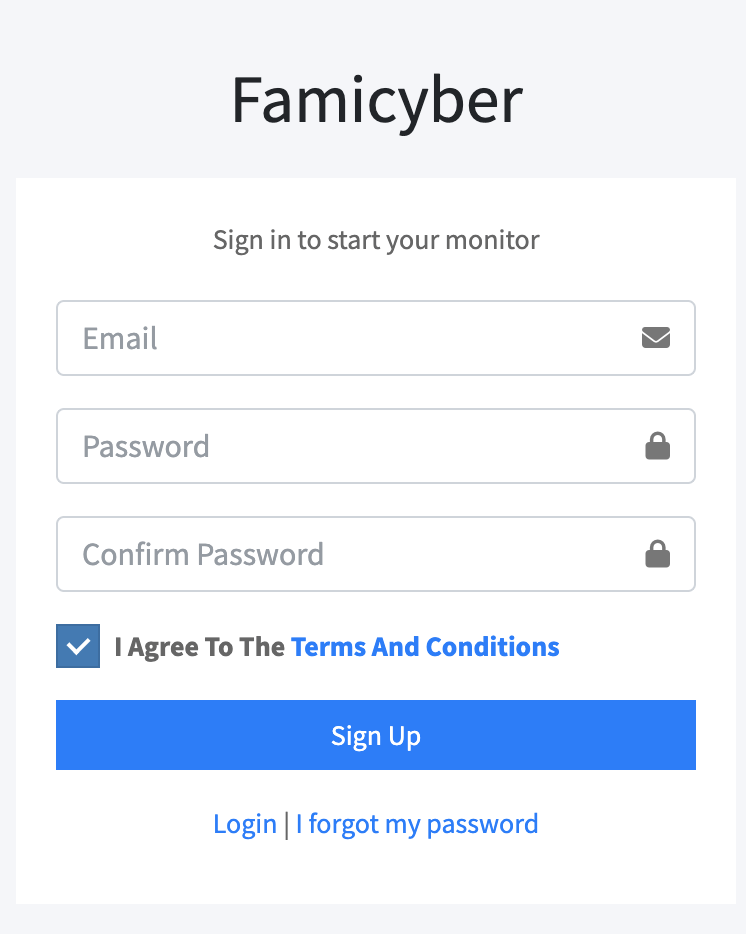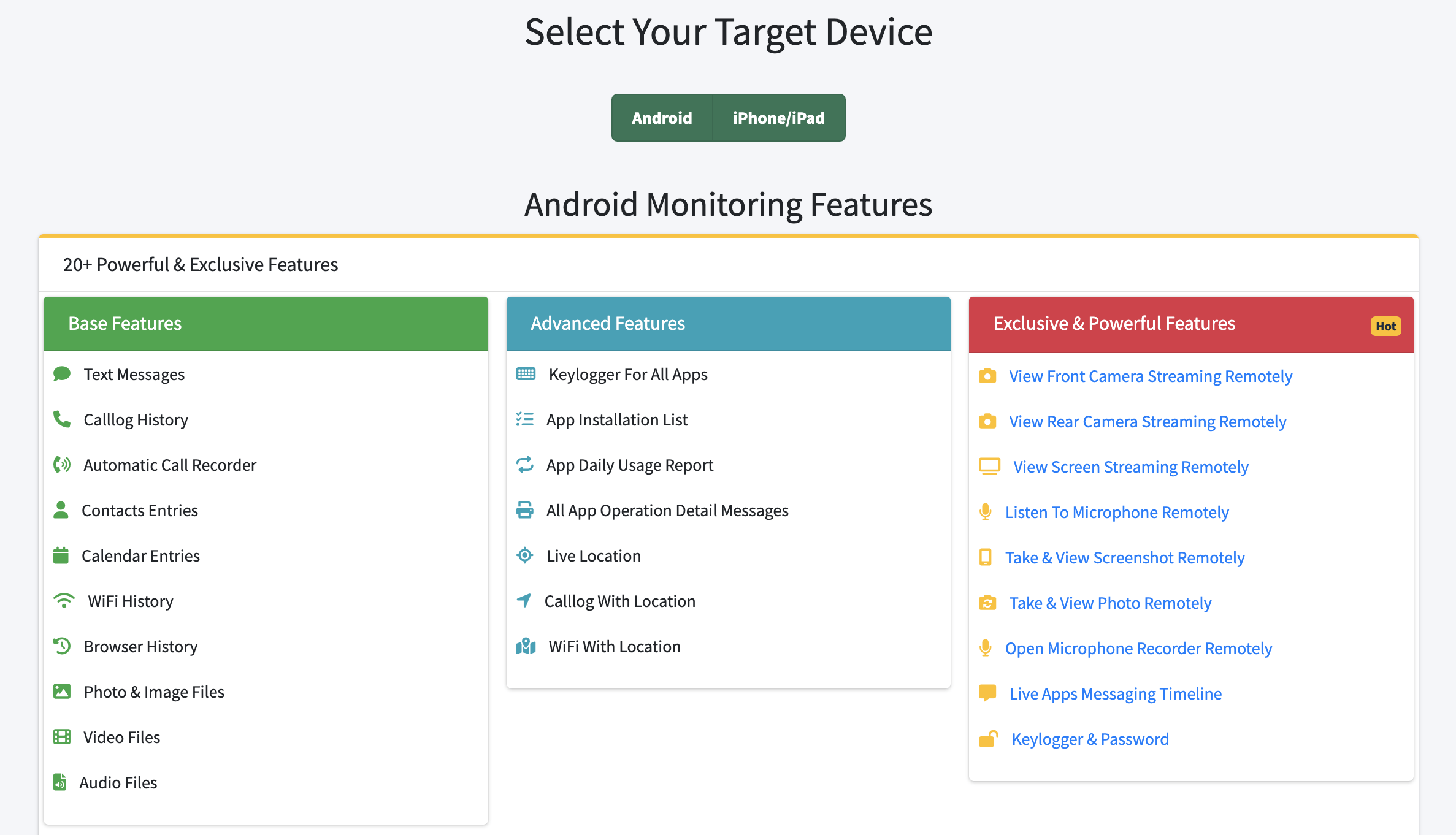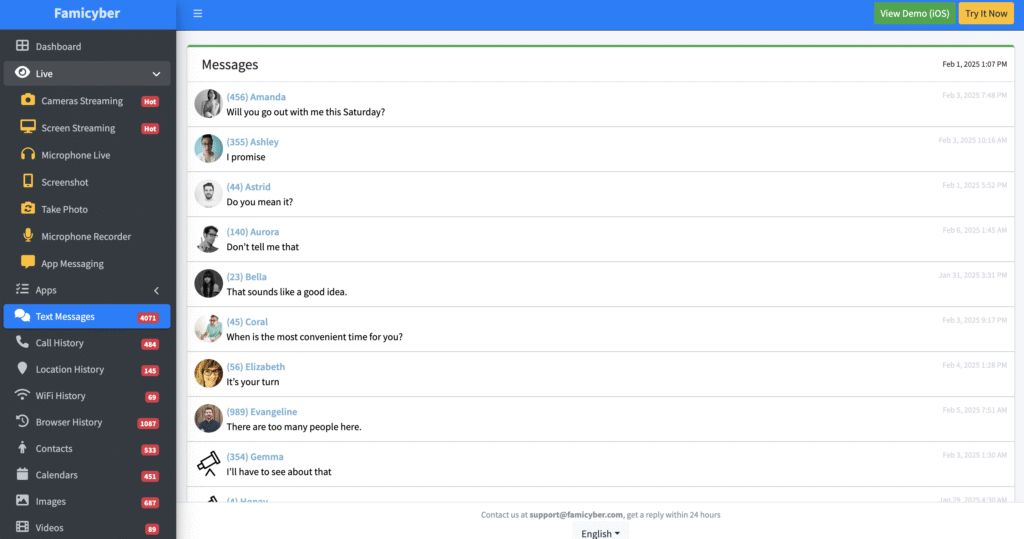In this contemporary society, teenagers incorporate various slang terms and short forms in texting, gaming, and chatting on different social media platforms. One of the most overused teen slang is the phrase “POS”, which, at face value, does not appear as something harmful. Its meaning varies by context and is often a cue for concealment, especially when teens engage in online conversations.
If parents understand POS, its meaning, and usage, they can better protect their teens online and encourage open discussions about internet communication. This article explores the meanings of POS, why teens use it, and why parents should be aware of such slang terms online.
What Does POS Mean in Slang
POS can have various meanings, and its uses differ from context to context. Here are the most popular meanings of POS in slang and examples of its possible uses by teenagers and adults.
1. POS = “Piece of Sh*t”
One of the most common uses of POS slang would be “Piece of Sh*t.” This is a vulgar phrase used to put someone or something down.
- Example 1: “That guy cut me off in traffic—he’s such a POS!”
- Example 2: “This laptop is so slow; it’s a total POS.”
It is common during all conversations as long as it is not used in a family or work environment.

2. POS = “Parent Over Shoulder”
While talking online, teenagers like to use slang as “POS’ to signal their friends that they have to be cautious since their parents is within visible range. This is also popular in text messaging and gaming chats.
- Example 1: “Can’t talk right now, POS!”
- Example 2: “LOL, tell me later, POS is watching.”
It’s troubling for adults because it shows that students want to conceal conversations that are deemed inappropriate or dangerous.

3. POS = “Point of Sale”
In a business and retail context, POS slang means “Point of Sale”, the system used for processing transactions.
- Example 1: “The store installed a new POS system for faster checkouts.”
- Example 2: “I work at a restaurant, and our POS system crashed today!”
This usage is completely harmless and commonly used in business environments.
When Is It Okay to Use POS?
Not all usages of the POS slang are wrong. Here’s when you may use it:
Commerce & Trading: Using POS while referring to Point Of Sale at work or shop is absolutely fine.
Informal Talks (With Warning): It is okay to say “piece of sh*t” among friends that comprehend what you mean, but never in formal settings or as an insult.
Gaming & Chatting (With Caution): Usage of POS as “Parent Over Shoulder” among teenagers when they require privacy is decent. However, guardians shouldn’t assume that children are having decent conversations on the internet.
When Should Teens Avoid Using POS?
While POS slang is commonly used, there are situations where it should be avoided:
During School or Work: POS is considered inappropriate jargon in email, work environments, and during lessons.
When Speaking with Relatives and People in Power: Slang terms can be offensive, especially while conversing with family, teachers, and even employers.
When Participating on Social Media Platforms and Forums: Posting derogatory slang phrases or insults like ‘POS’ can have dire consequences on one’s reputation and is especially sensitive with prospective employers or academic institutions.
Generously, these derogatory terms can threaten children’s communication in the form of being foul-mouthed.
Understanding Why Teen Slang Insults Are Popular
Teenagers have a way of utilizing slang as a tool to relate to their peers. A few of the reasons why slang terms like POS slang are popular are listed below:
Release of Emotion: Using slang gives teenagers an outlet to express their frustrations or anger without explaining their feelings in detail.
Social Integration & Connection: Teenagers nowadays feel as if they are able to connect to other teenagers who understand their language and thus feel more integrated into society.
Efficient Communication: Teenagers can say or do a lot with so little. Their emotions can now be expressed through a few words or phrases.
Parents must pay attention to what their teens say and see that it is part of the evolution of language, but make sure it is done responsibly.

Should We Be Concerned About the Use of POS?
Some Parents might see using POS slang like “Parent Over Shoulder” as risky. Here are some points to think about:
The Damaging Consequences of Derogatory Slang: Overusing negativity-based language can cause a slack attitude towards respectful dialogue.
Psychological Effects: Teenagers who use POS frequently may be suffering from some underlying anger management issues or other negative feelings that need to be dealt with.
Issue Involving Safety: When teens use the slang term POS instead of PSS, they could be participating in conversations unsuitable for parental supervision, which is a cause for concern regarding online safety.
Not all slang poses a danger, but parents should monitor the use of such terms to ensure they understand their children’s online behavior.
How Parents Can Keep Up With Teen Slang Like “POS”
To understand the term slang, parents should focus on strategies such as those listed below:
1. Use Online Slang Dictionaries
Parents trying to scan through viral videos on TikTok can check out how services such as Urban Dictionary or NoSlang.com can help them understand new teen terms.
2. Follow Social Media Trends
Teens often pick up slang from TikTok, Instagram, and Discord. Keeping an eye on trending words can help parents understand current slang.
3. Use Parental Monitoring Tools Like Famicyber
Famicyber is a parental control application designed to aid parents in managing and overseeing their children’s online exposure to activities that may put them in danger. Famicyber allows parents to participate in their children’s online activities and teach their children responsible online habits.

Key Features of Famicyber:
- Monitors text messages & online activity
- Tracks social media & gaming chat usage
- Provides insights on digital behavior
- Real-time location tracking
Step By Step Guide to Monitor Teen Slang Like POS Using Famicyber
Step 1. Sign Up
Visit the official Famicyber website to sign up and choose a subscription plan that fits your needs.

Step 2. Set Up the App
Download and install the Famicyber app on an Android device or connect the iCloud account if the monitored device is an iPhone.

Step 3. Start Monitoring
Once the setup is complete, begin tracking text messages, app usage, and online activity with ease.

Step 4. Review & Engage
Use the insights provided, such as flagged slang terms like “POS,” to initiate meaningful discussions with your teen about their digital behavior.
4. Encourage Open Communication
Instead of banning slang, talk to your teens about how and when slang should be used. Discuss the importance of respectful communication and online safety.
Conclusion
To protect teens’ online activities, parents need to understand the meaning of slang terms like POS. While some parents may find this slang to be innocent or harmless, with meanings like Point of Sale, it can deeply worry them when it means “Piece of Sh*t” or “Parent Over Shoulder”.
In these cases, POS can be very harmful or careless. Parents who seek help concerning teen slang should keep abreast and create boundaries to enable clear communication and sensitive dialogue that would not undermine the child’s online safety, emotional health, or communication skills.
Have you heard your kids using the POS slang, and what is your take on the matter? Ready to decode teen slang? Try Famicyber risk-free. Let us know what you think in the comments below.
Hi, I’m Elaine, a psychologist specializing in digital psychology, focusing on how technology impacts teens and adults. At famicyber.com, I offer advice on managing online behavior, from guiding parents with teens’ screen time to helping partners maintain healthy digital relationships. I hold degrees in Clinical Psychology from Columbia University and have 6 years of experience as a Clinical Psychologist and 4 years as a Researcher.






